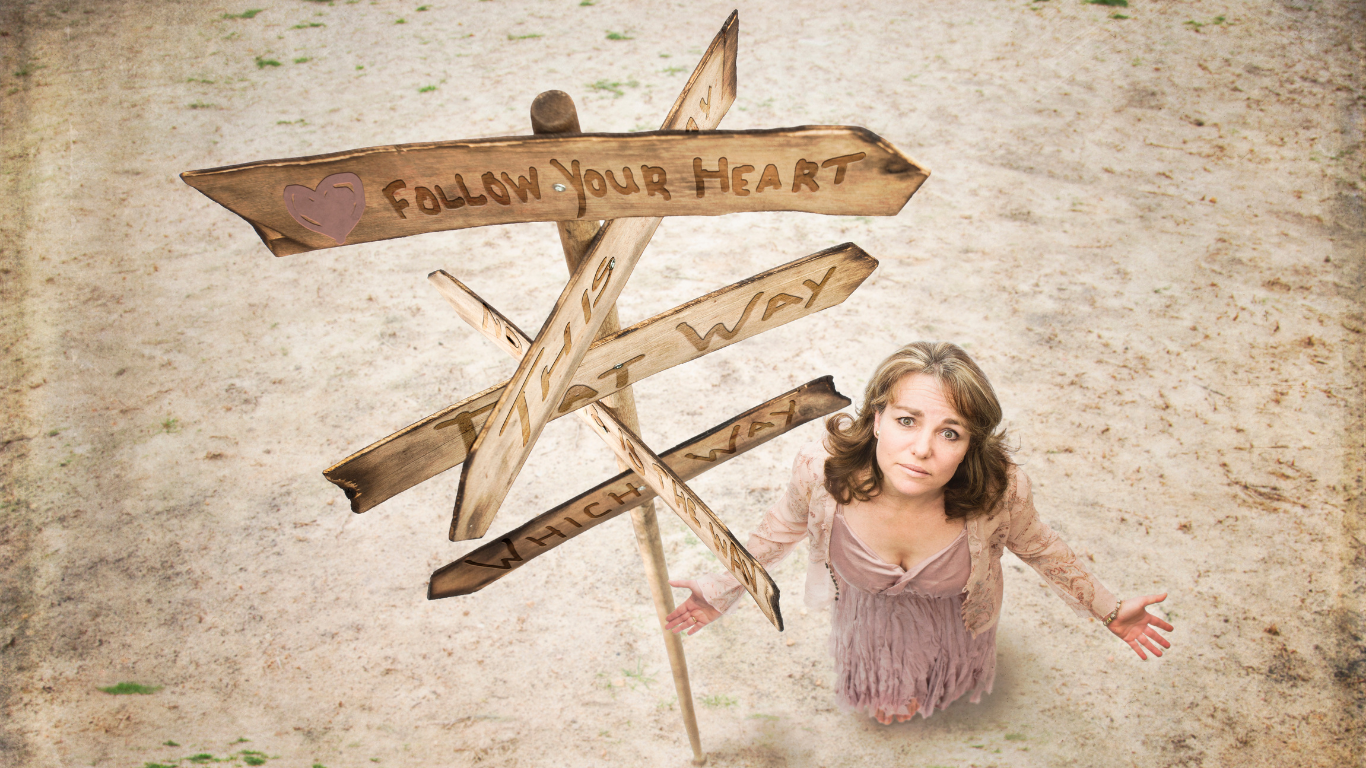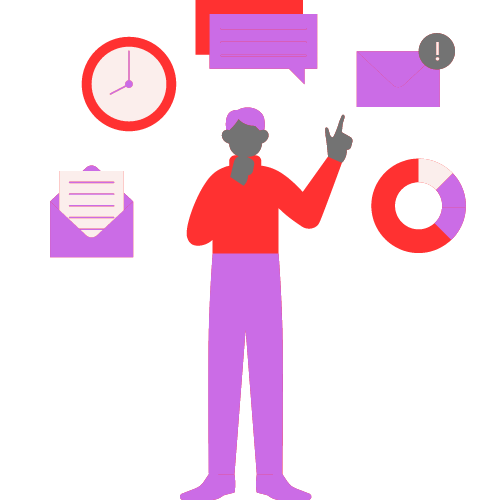Table of Contents
“Open minds lead to open doors.” ~Unknown
Strategies.. This proverb means that being open to new ideas, experiences, and points of view can help you find opportunities and possibilities that you wouldn’t have found otherwise.
When we are willing to consider a variety of perspectives and methods, we can broaden our understanding and learn new things, both of which can help us make better decisions and improve the quality of our lives.

Keeping an open mind makes us more likely to be open to new experiences and opportunities, both of which can help us grow and develop as people.
Keeping an open mind also increases our likelihood of being receptive to new information. Meeting new people, trying new activities, and exploring new interests are all examples of how we can broaden our horizons and open up new doors of possibilities.
Being open-minded allows us to approach life with a sense of wonder and amazement, which can lead to the discovery of new avenues and opportunities that we would not have discovered otherwise.
Furthermore, I feel compelled to include this phrase, which is one of my favorites.
“Life is inherently dangerous. There is only one significant risk you should avoid at all costs: the risk of doing nothing.” Denis Waitley’s

Now let’s start to write down our strategies
- If you don’t start taking control of your own life and making decisions, your indecision will eventually turn you into a prisoner. If you do not allow yourself to be open to changes that could improve your life in accordance with what you want, you will limit the options that are available to you in the future. The following are some ideas for breaking the habit of being indecisive:
- Don’t try to predict the outcomes of your decisions too far in advance. It is nearly impossible to predict what will happen in the future because both people and life are unpredictable. This is because both people and life are highly variable. As a result, making decisions is frequently a game of chance. Do not misunderstand me; having confidence in your decisions is still beneficial; however, you must be aware that you have no control over the outcome of your decisions. Don’t think about it any further.
- When making decisions, avoid acting solely on impulse. Some people become so exhausted from considering all of the possible outcomes of their actions that they make decisions on the spur of the moment rather than dealing with the difficult process of deciding something. It is acceptable to make a hasty decision; in fact, it is sometimes preferable to make no decision at all. On the other hand, if you have a history of acting rashly and making poor decisions as a result, you should think twice before acting.Push yourself beyond your comfort zone. People who choose the path that they believe will involve the least amount of difficulty, conflict, or risk are typically insecure about themselves. As a result, they end up making the wrong decision out of fear of failing. When given a choice, choose the one that causes you the most anxiety. “Always go with the choice that scares you the most because it will help you grow,” author Caroline Myss put it best.
- Strike a balance between paying attention to what your head says and trusting your gut instinct. When it comes to deciding what is best for you, you must consider both your rational reasoning and your gut instincts. The best results can be obtained by striking a healthy balance between the two. Logic alone will persuade you to choose the safer option, even if doing so will prevent you from pursuing your true desires. You may also find yourself in a situation where you are unable to make a decision because you have convinced yourself that more knowledge will make the decision easier. On the other hand, relying solely on your instincts can lead you to behave rashly and make hasty decisions. When it comes to making important decisions, it is critical to give careful consideration to all aspects of who you are. The proverb states that one should “listen to their heart, but take their brain with them.”
- Describe a time when you took a chance that turned out to be one of the best decisions you’ve ever made. How did you feel while deciding between those two options? I’m curious how you came to that conclusion. Consider the factors that contributed to this option’s success. If you take a moment to reflect on the wonderful choices you’ve already made in the past, you’ll realize you’re capable of making sound decisions. Once you have this understanding, you will be able to choose the decision-making method that best meets your needs. When I’m certain that I’ve made the right decision, I don’t have much second guessing; instead, I feel a sense of calm and serenity.
- Make a decision that will open up more opportunities for you in the future. Nobody wants to feel trapped or constrained by the options available to them. You might be able to reduce your stress levels in the future if you avoid making decisions that limit your freedom. Make every effort to choose the option that will be the most difficult at first but, hopefully, prove profitable in the long run. Allow yourself to be overcome by the excitement of discovering who you can become rather than the fear of making a difficult decision.
- Put the so-called “Miracle Question” to the test. When faced with a difficult decision, consult Solution-Focused Brief Therapy’s “Miracle Question,” which is as follows: “Assume that a miracle occurred tonight while you were sleeping. What are some of the things you will notice when you wake up in the morning that will make you realize your life has suddenly improved? You can fast-forward to a future where the decision has already been made by asking yourself this question, which will help you determine whether or not it is the best one for you.

Also, keep in mind that we begin developing our perspectives at a young age and continue to do so throughout our lives.
Not only on a larger scale (religion, politics, and ethics), but also in our daily interactions with one another, we decide what is right and wrong, as well as what is good and bad.
How people should act in public. What kinds of thoughts people should have in certain situations When it is acceptable to feel and express certain emotions, as well as when it is prudent or courteous to do so.
When a person or situation doesn’t fit with our preconceived ideas of how the world should be, which are based on what we’ve learned from our environment and our experiences, we always feel conflict inside.
They will not always follow through. In point of fact, they won’t do it nearly as frequently as they will.
Facts, logic, or even common sense may have nothing to do with the beliefs we hold. Everything comes down to what makes sense to us and what our intuition tells us, because our instincts never lead us astray. Isn’t that what everyone’s been saying? To trust our instincts in the face of overwhelming odds? We rarely take the time to reflect on the events that shaped our gut instincts, such as when we learned what we could trust and what we should avoid.
That is usually the crux of the problem. What is known and secure, and contributes to our sense of order, as opposed to what is unknown and unpredictable, serves to remind us of how little we actually have control over.
The truth is that there is very little we can manipulate. Things that are harmful to us can happen even in the most well-organized world we can create for ourselves.
We can put as much distance as we want between ourselves and the people we don’t understand, but they will still have an impact on us, either directly or indirectly, and it will most likely be negative if they believe we are judging them.
It is unrealistic to expect everyone to completely reject the notion that there are good and bad things in the world. In fact, it’s not even possible on a neurological level.
In fact, research has shown that we make decisions about what is important to us based on how different experiences make us feel. Then, as a result of the activity in our brains, we unconsciously try to predict situations that might cause us problems in the future (in the insula cortex, which helps process emotions).
It is human nature to protect oneself. The only problem is that we sometimes feel threatened when there is no danger because we are afraid or do not fully comprehend the situation. When we do this, we limit not only our own experiences but also our impact on the world.
So, when we find ourselves in a tough situation where we need to make a big decision, our rational mind may tell us that we need more time, that we need to talk to more people, or that we are not ready to make a choice yet.
As a result, we may be unable to act because we are afraid of making the wrong decision. We do not move forward when we are in a position where we believe we cannot.
Even choosing not to make a decision is a type of decision-making; therefore, you must do whatever your mind and instincts tell you to do at any given time.
That inner voice will be able to tell you what you truly desire if you are willing to listen to it when it speaks up when it is necessary and if you are willing to be open to it. When you know exactly what you want, your rational thinking can help you devise a strategy to make it happen in a way that is less harmful to your future.
When it comes to making decisions, don’t be afraid to make mistakes, fail, and fall. Doing what scares you the most can often lead to the best decisions.
It’s possible that in order to achieve the desired results, you’ll have to make some difficult decisions. Even though there is no way to predict where your life will take you, it is critical to have enough self-respect and honor to be able to choose your own path in life.
If you feel threatened, trust your instincts, but don’t rule out the possibility that there is something you don’t know about. When viewed through the lens of an open mind, the world assumes a splendor that is unmatched by anything else.
https://www.quora.com/?time=1681383031630812&uid=1992540444&unh=c5cebd574a5252671b9e2e2707db8477
Ultimate Worry Guide For Letting Go: 4 Practices + More
Letting Go Emotional Pain! 90 Methods To Ease Emotional Pain
quotes in our website: https://psytify.com/quotes/
More quote resources: https://en.wikiquote.org/wiki/Main_Page

Buy this book @ Amazon: Unrequited: The Thinking Woman’s Guide to Romantic Obsession
Read more book summaries: “If a human has no direction, every wind is a fresh breeze” ― lenfantvivant
“Thought is only an abstraction representing a fraction of what is.” ― Lenfantvivant
”Widen The Window”(2019) Book Summary
Summary of “Atomic Habits” (2018)

